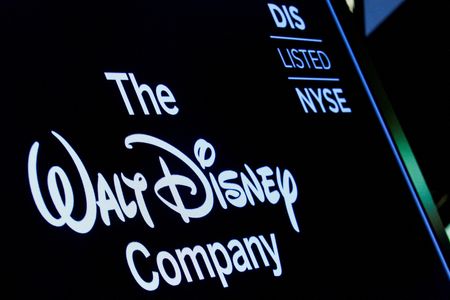By Piotr Lipinski and Christoph Steitz
(Reuters) – Volkswagen on Wednesday announced key partnerships to secure raw materials Europe’s largest carmaker needs to realise its ambitious electric vehicle strategy, eager to close a gap with rival Tesla .
At the core of the three agreements, which are part of VW’s 30 billion euro ($34 billion) plan to build battery plants and procure materials, lies a planned joint venture with Belgian chemicals and recycling company Umicore.
The venture aims to supply cathode materials to Volkswagen’s European battery cell factories, which it plans to build by 2030. It will start production in 2025 with 20 gigawatt hours (GWh) for VW’s plant in Salzgitter, Germany, which it plans to build with China’s Gotion High-Tech.
The joint venture’s goal is to reach annual production capacity of up to 160 GWh by the end of the decade, enough capacity to power approximately 2.2 million battery-powered electric vehicles.
“Volkswagen is implementing its battery strategy very consistently and at a high pace,” board member Thomas Schmall said. “Teaming up with Umicore enables us to establish a state-of-the-art supply chain in Europe.”
At a later stage, both parties aim to include refining and battery recycling in the scope of the partnership.
“We are very pleased to become a long-term partner for Volkswagen in achieving its ambitious e-mobility strategy in Europe and in bringing our long-standing and proven expertise in rechargeable battery materials to this unique joint venture,” Umicore CEO Mathias Miedreich said.
Volkswagen also struck an agreement with lithium developer Vulcan Energy Resources for lithium extracted from Germany’s Upper Rhine Valley region by means of geothermal energy.
The agreement has an initial term of five years with commercial delivery to start in 2026, Volkswagen and Vulcan said, without providing contract details.
In a bid to develop improved production technology for its planned cell plants, Volkswagen is also investing in battery start-up 24M, a spin-off from the Massachusetts Institute of Technology, aiming to scale up 24M’s semi-solid process.
($1 = 0.8861 euros)
(Reporting by Piotr Lipinski in Gdansk and Christoph Steitz in Frankfurt; editing by Edmund Blair and Jason Neely)












